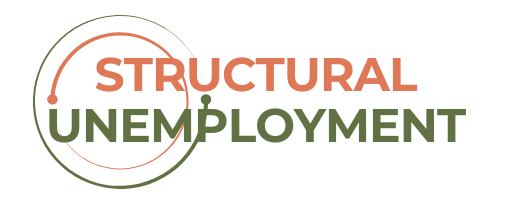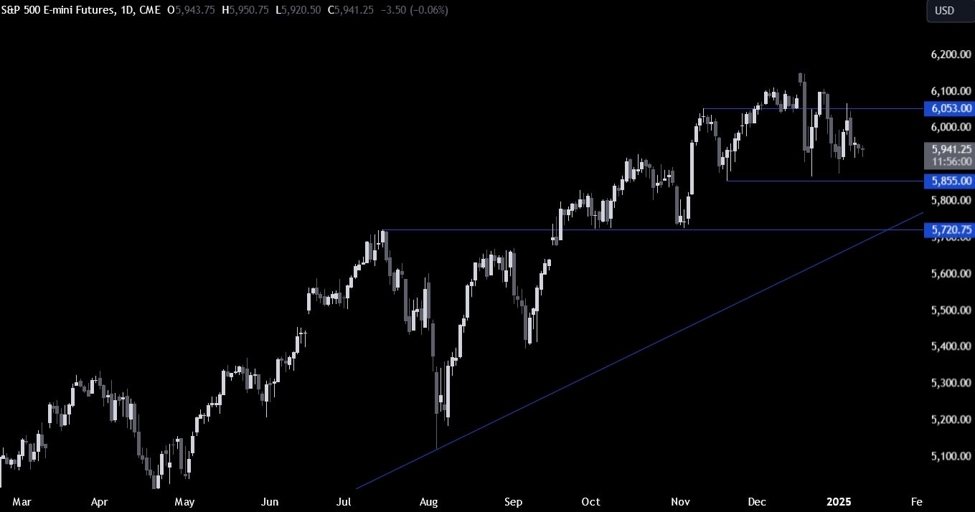The Invesco S&P 500 Quality ETF (SPHQ) was launched on 12/06/2005, and is a smart beta exchange traded fund designed to offer broad exposure to the Style Box – Large Cap Blend category of the market.
Market cap weighted indexes were created to reflect the market, or a specific segment of the market, and the ETF industry has traditionally been dominated by products based on this strategy.
Investors who believe in market efficiency should consider market cap indexes, as they replicate market returns in a low-cost, convenient, and transparent way.
On the other hand, some investors who believe that it is possible to beat the market by superior stock selection opt to invest in another class of funds that track non-cap weighted strategies–popularly known as smart beta.
Non-cap weighted indexes try to choose stocks that have a better chance of risk-return performance, which is based on specific fundamental characteristics, or a mix of other such characteristics.
Even though this space provides many choices to investors–think one of the simplest methodologies like equal-weighting and more complicated ones like fundamental and volatility/momentum based weighting–not all have been able to deliver first-rate results.
Because the fund has amassed over $11.91 billion, this makes it one of the largest ETFs in the Style Box – Large Cap Blend. SPHQ is managed by Invesco. Before fees and expenses, this particular fund seeks to match the performance of the S&P 500 Quality Index.
The S&P 500 Quality Index tracks the performance of stocks in the S&P 500 Index that have the highest quality score, which is calculated based on three fundamental measures, return on equity, accruals ratio and financial leverage ratio.
When considering an ETF’s total return, expense ratios are an important factor. And, cheaper funds can significantly outperform their more expensive cousins in the long term if all other factors remain equal.
Operating expenses on an annual basis are 0.15% for this ETF, which makes it one of the cheaper products in the space.
The fund has a 12-month trailing dividend yield of 1.14%.
Even though ETFs offer diversified exposure that minimizes single stock risk, investors should also look at the actual holdings inside the fund. Luckily, most ETFs are very transparent products that disclose their holdings on a daily basis.
This ETF has heaviest allocation in the Information Technology sector – about 34.10% of the portfolio. Financials and Industrials round out the top three.




